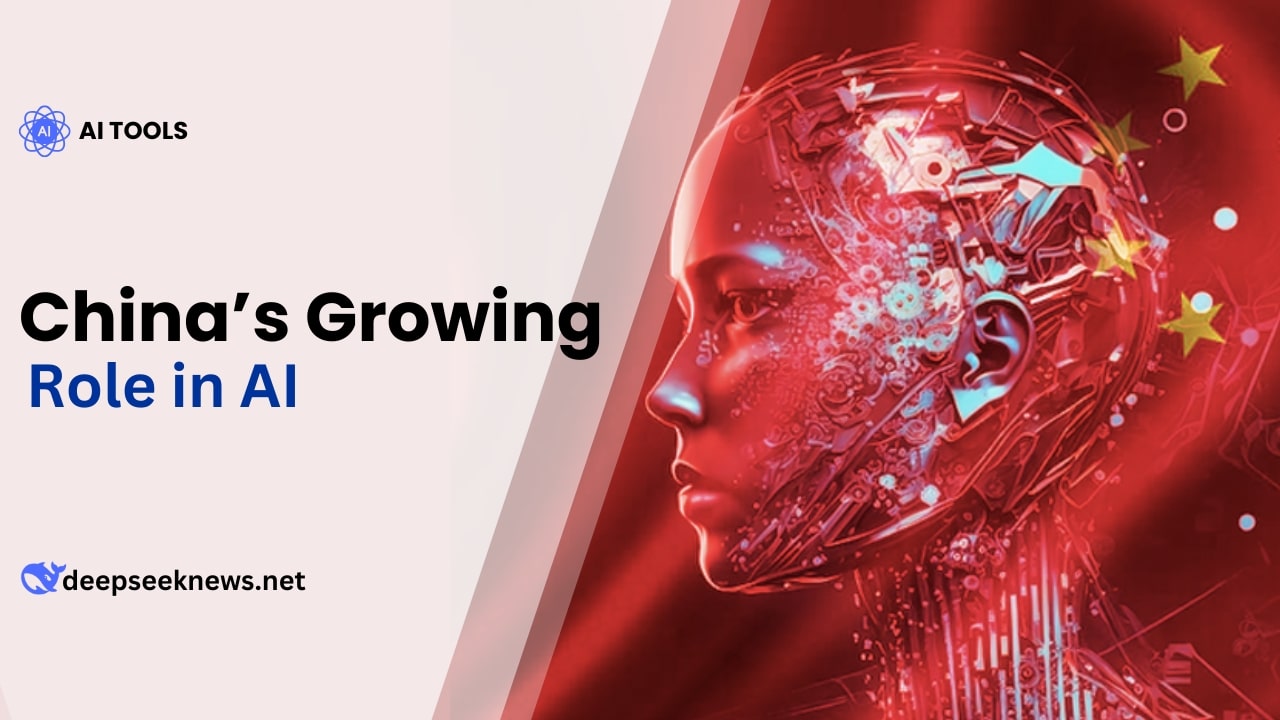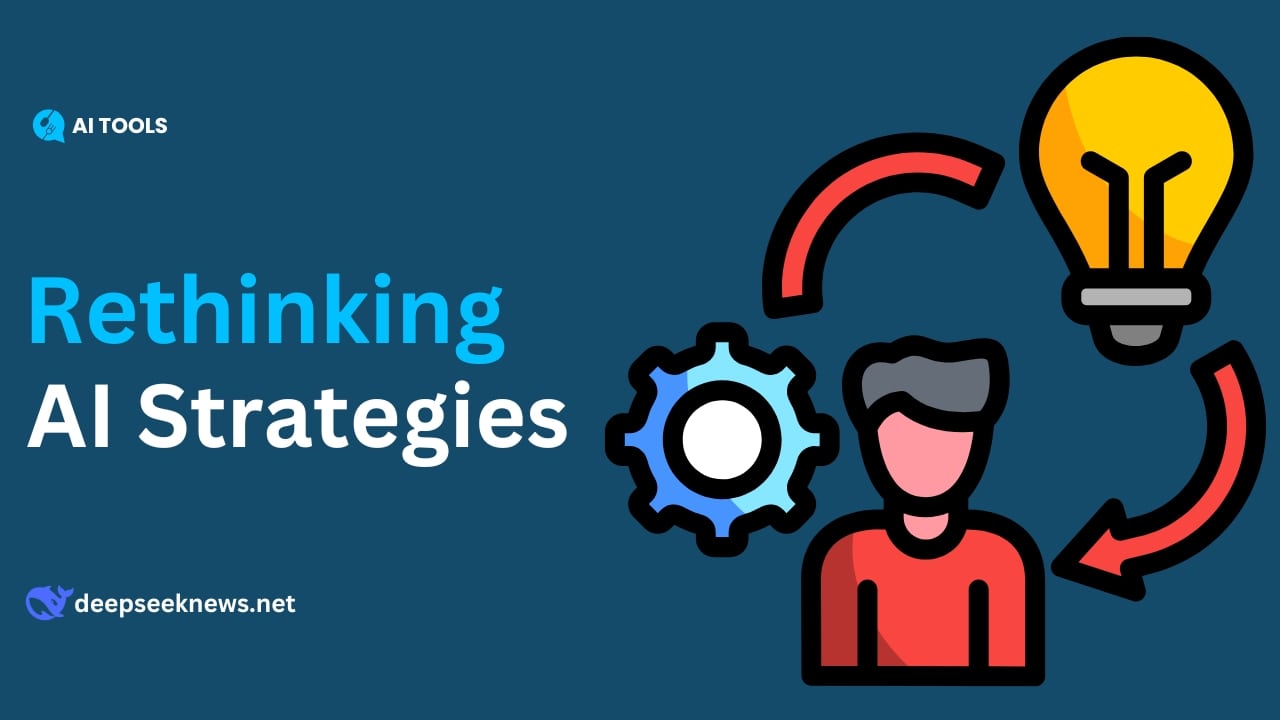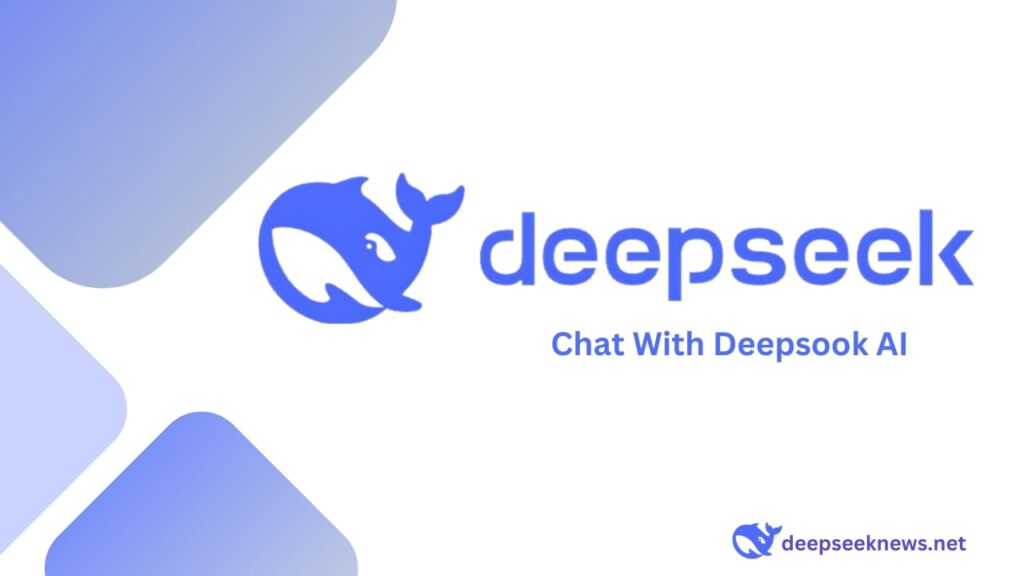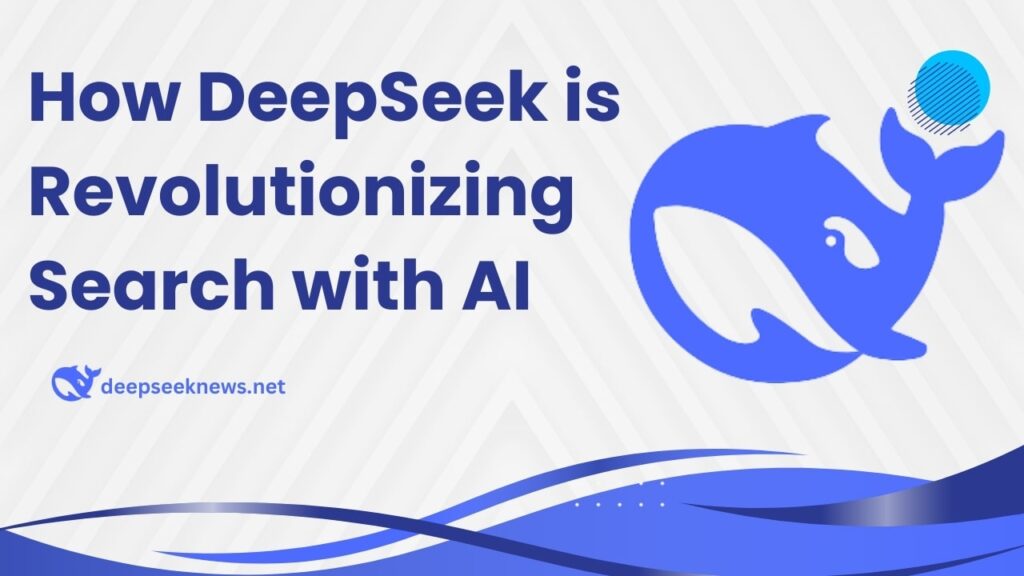The global race for AI supremacy is heating up, and the U.S. is no longer the only leader. China is not just catching up—it’s innovating in ways that could reshape the future of AI.
DeepSeek: A Game-Changer in AI
Experts Amazed by DeepSeek’s Groundbreaking AI Research have highlighted how DeepSeek, a Chinese AI startup, is achieving remarkable success. It has developed high-performance AI models at a fraction of the cost and resource consumption compared to Western giants like OpenAI and Google.
This breakthrough challenges the idea that China’s tech progress relies solely on copying others. This achievement demonstrates that China is forging a new, more efficient, and sustainable path for AI development.
A New Approach to AI
For years, the AI industry believed that more money and computing power meant better results. Companies like Google and OpenAI spent billions on massive GPU clusters to train their models.
DeepSeek, however, took a different route. By optimizing its software and algorithms, it significantly reduced the need for expensive hardware. The India Races to Build Its Own AI Model to Compete with DeepSeek highlights how DeepSeek-R1 was trained using just 2,048 Nvidia H800 GPUs, costing only $5.6 million. In contrast, U.S. companies frequently spend over $100 million on similar projects.
Open Source and Collaboration
DeepSeek has also embraced open-source principles, sharing much of its technology with the public. This stands in stark contrast to the closed models of many Western companies.
This openness encourages collaboration, speeds up innovation, and makes AI more accessible—values the U.S. tech industry once championed.
China’s Growing Role in AI
China is no longer just a competitor in AI—it is a leading innovator. Companies like Baidu and Huawei have developed cutting-edge AI applications, while Chinese researchers regularly contribute groundbreaking studies to top AI journals. The DeepSeek and Unitree Robotics: China’s Tech Innovators Shine highlights how China is fostering an ecosystem of AI excellence across multiple sectors.
Moreover, China’s vast domestic market allows for rapid testing and deployment of AI technologies at an unparalleled scale, giving it an advantage in real-world AI implementation.
What This Means for the World
DeepSeek’s success is a wake-up call. It proves that AI breakthroughs don’t require endless resources. This could make AI more affordable, environmentally friendly, and inclusive.
Some in the U.S. have dismissed this advanced AI breakthrough, but this is a mistake. Instead of trying to stifle China’s progress, the U.S. should engage and collaborate, especially in areas like AI ethics, safety, and climate impact.
Rethinking AI Strategies
The U.S. must reconsider its AI strategy. Relying on costly, resource-heavy models is not sustainable in the long run. The lessons from DeepSeek’s approach—doing more with less—should inspire similar efforts worldwide. Additionally, the discussion on AI in Finance: Opportunities and Challenges with DeepSeek R1 showcases how AI is already disrupting global financial systems, presenting both opportunities and challenges.
The Bigger Picture
DeepSeek’s rise shows that China is carving its own path in AI. Its innovations could lead to cheaper, more efficient, and open AI development. This is a trend worth watching—and learning from.
The author is a nonresident fellow at the Quincy Institute for Responsible Statecraft, a Washington, D.C.-based think tank. The views do not necessarily reflect those of China Daily.






